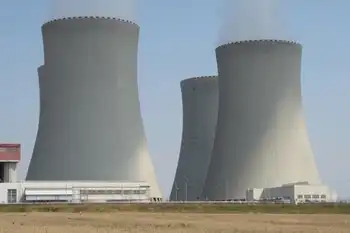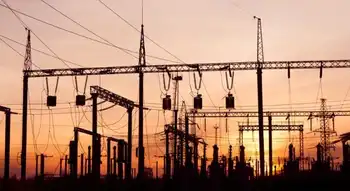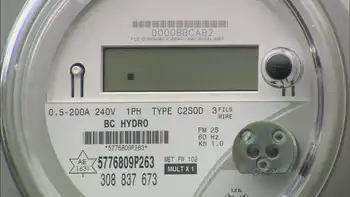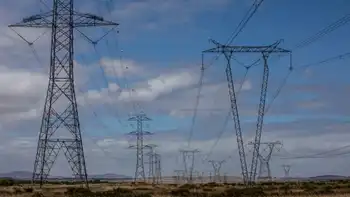PPL, Met-Ed show big jumps in electric shut-offs
By Associated Press
Protective Relay Training - Basic
Our customized live online or in‑person group training can be delivered to your staff at your location.

- Live Online
- 12 hours Instructor-led
- Group Training Available
Shut-offs of electric service to PPL Corp. customers through May are up 124 percent versus the same period a year ago, while Metropolitan Edison Co. shut-offs are up 97 percent, according to statistics from the Pennsylvania Public Utility Commission.
Shut-offs statewide have risen from 40,313 to 55,366, or 37 percent higher than for the same period last year, as the economy slides. Foreclosures are up, hiring is stagnant and gas and food prices have risen precipitously, leaving more people struggling to pay their bills.
PPL and Met-Ed officials said the number of shut-offs has affected a relatively small portion of customers — about 1 percent. And they say the companies restored power to most of those customers after reaching payment agreements.
"It's a sign of the economy in general and we are seeing more customers falling behind on their bills," PPL spokesman George Lewis said.
Alan Jennings, executive director of the Community Action Committee of the Lehigh Valley, said the higher shut-off rate is a sign of the country's deepening economic problems.
"The lowest-income among us are the most threatened by it, but it's reaching families with incomes that are higher and higher," Jennings said.
PPL had reconnected 9,692 customers out of 13,327 shut-offs through May, while Met-Ed had restored power to 4,662 out of 5,953 shut-offs. Met-Ed has about 550,000 electric customers; PPL about 1.4 million.
Shut-offs by the state's largest power provider, Philadelphia-area utility Peco Energy Co., were up 27 percent through May. Two western Pennsylvania utilities, Allegheny Power Co. and Duquesne Light Co., reported fewer shut-offs this year, although those companies recorded among the state's higher per-customer shut-off rates last year, according to utility commission statistics.
The state's utility consumer advocate, Sonny Popowsky, said it is frightening that shut-offs are rising ahead of the expiration of 1990s rate caps that have protected Pennsylvania's utility customers from paying the true price of electricity.
Electricity bills for most of the state's electric customers are expected to rise between about 10 and 60 percent in 2010 and 2011.











